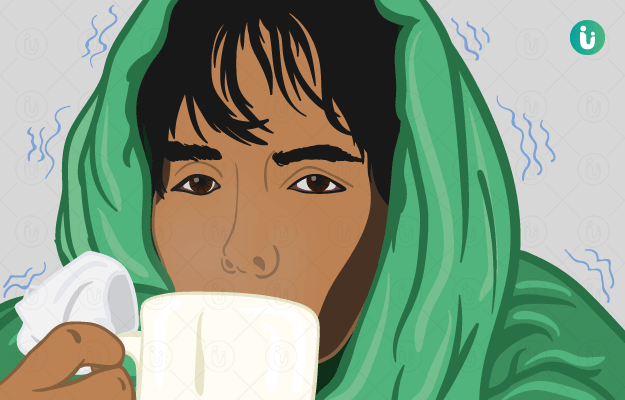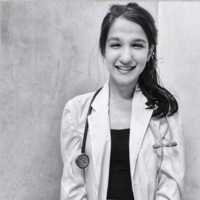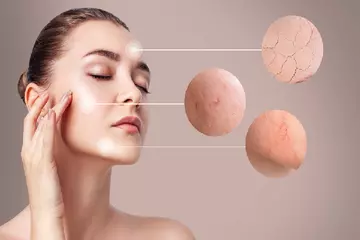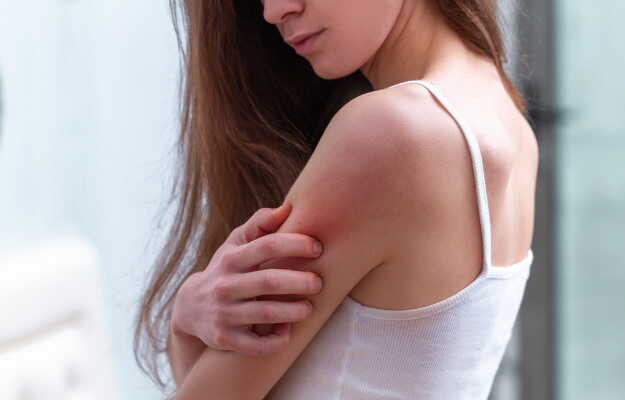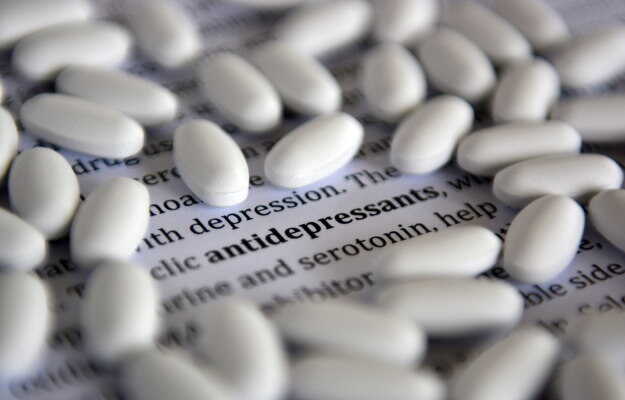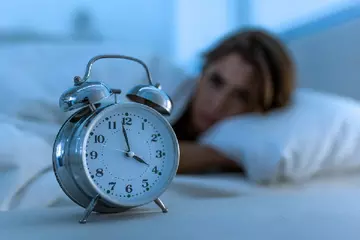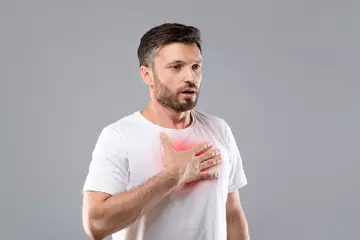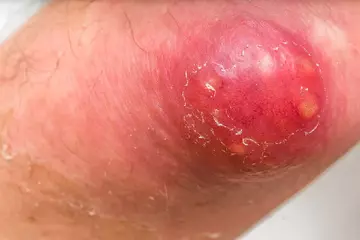In the mid-1800s, a German physician, Carl Wunderlich, measured the body temperature of 25,000 people, by taking their temperature from their armpits. He found that the average body temperature was 98.6°F (37°C) and since then we have accepted this as the normal body temperature.
Indeed, this is a useful number to know as any major deviation from it tells us that there is something wrong with our health. We all know that a rise in body temperature results in fever. But have you ever wondered what happens to the body when this temperature drops?
Hypothermia is the medical condition in which the body temperature falls in an abnormal manner, due to prolonged exposure to extreme cold. In hypothermia, the body temperature falls below 95°F (35°C).
Hypothermia is usually seen in regions where it is extremely cold throughout the year. It is usually seen in people who are homeless, the elderly and babies, people with alcohol addiction and in those with an underlying medical condition. This drop in the body temperature can affect the brain, thus hampering the victim’s ability to move and even think. Severe hypothermia is associated with damage to the heart and even death.
When the body is exposed to cold temperatures, it begins losing heat that is normally produced by the body. This makes the body use stored energy to produce heat (this typically happens when body temperature is between normal and 95°F). When the stored fats are completely exhausted, the body temperature starts dropping. (Read more: What happens to the body when you stay hungry for a long time?)
Read on to know more about hypothermia and how it can be prevented.

 Doctors for Hypothermia
Doctors for Hypothermia  OTC Medicines for Hypothermia
OTC Medicines for Hypothermia

